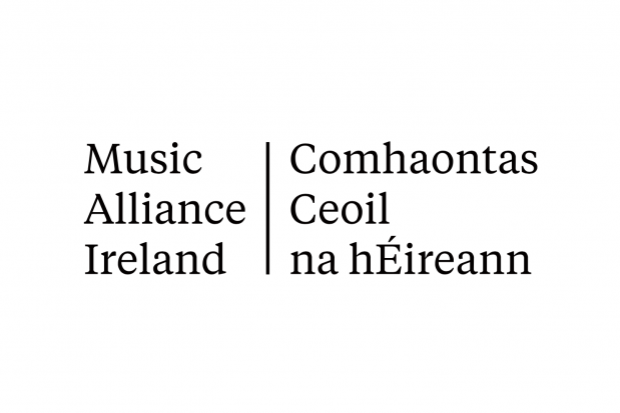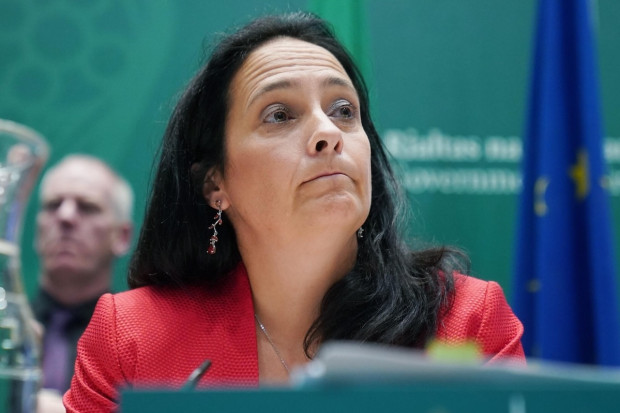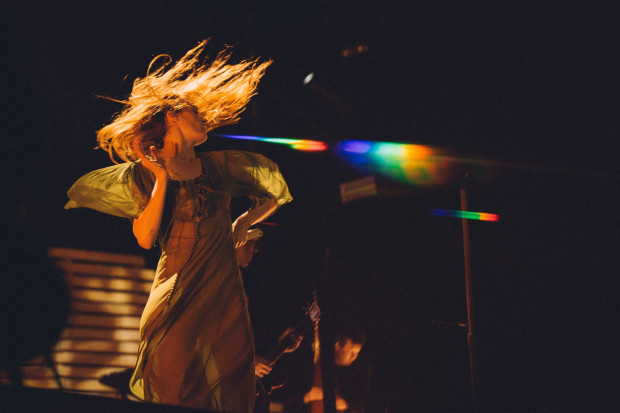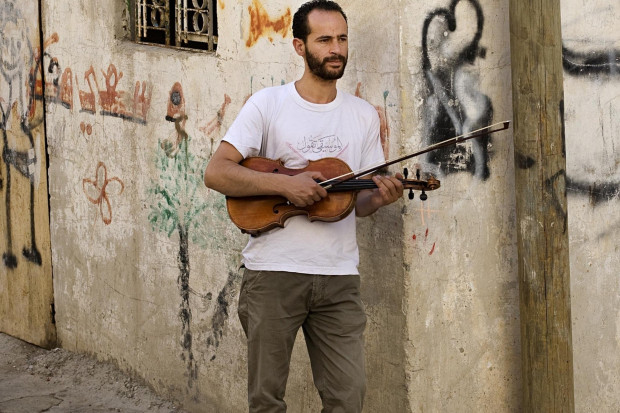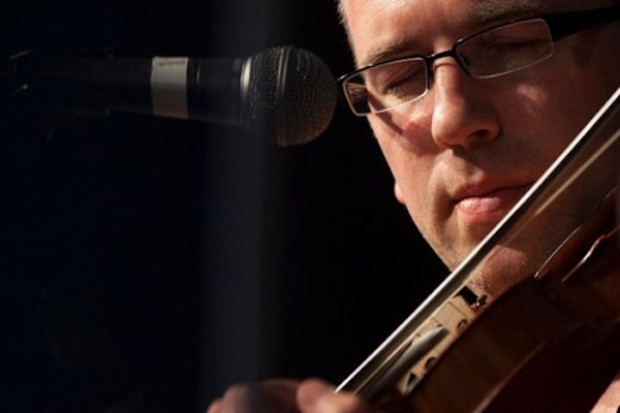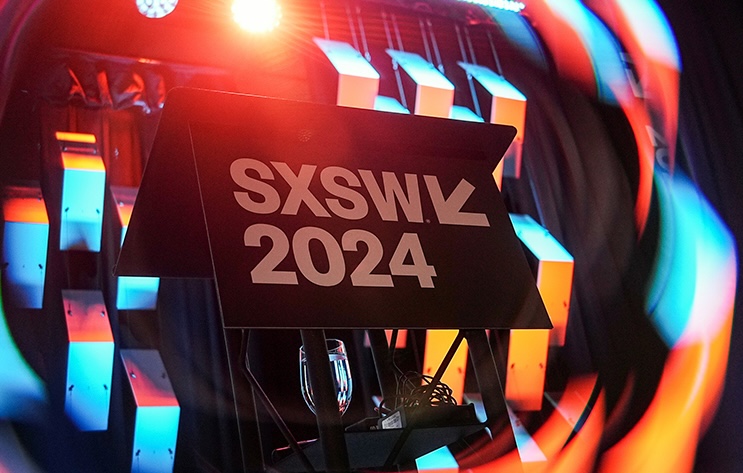
SXSW Protest is About More than Palestine
The national news cycle has already moved on: a brief appearance by Kneecap on Morning Ireland, followed by Soda Blonde on The Tonight Show and Newstalk, but apart from some coverage by what remains of the music press, the public discussion about the SXSW protest by Irish bands over Palestine has all but ended. We have become used to the conveyor belt nature of the news ticker and don’t expect more. It would be convenient for Ireland’s official agencies if the issues at the heart of the protest also went away once the bands came home, but they won’t.
Palestine has become a flashpoint for the frustration of a generation, the high end of a line of grievances and clearly where their patience has run out. Ten Irish bands refused to play at the SXSW festival in Austin, Texas, because they learnt that it was being sponsored by the US Army and US arms manufacturers. The slaughter in Palestine, enabled by these entities, made the thought of performing in such a context ‘abhorrent’, as Faye O’Rourke of Soda Blonde said.
The protest was about the crisis in Palestine, but it is about more than that too, the things we don’t talk about. How have we reached the stage where international arms manufacturers are sponsoring a music festival? And where does Ireland stand in this marketisation? The clarity of the bands was refreshing.
The uncoordinated and spontaneous protest at SXSW was not insignificant – it hit right at the heart of the Irish government’s plans. Seven state bodies – from the Department of Foreign Affairs to Screen Ireland – had planned a three-day ‘Ireland House’ programme at SXSW including a screening of the Kneecap film, an appearance by the team behind U2’s Las Vegas shows at the Sphere, a discussion about the Basic Income for the Arts with Minister Catherine Martin, and a showcase of Irish tech start-ups, all with a round of Irish coffees and networking. The feel-good vibes would peak with two Irish music showcases at the end of the week organised by Music from Ireland. The government’s promotional video for the campaign mentioned all of the Irish bands and played Soda Blonde’s ‘Bad Machine’. Would Ireland House have attracted the same attention without Irish music? Hardly.
For Kneecap member Mo Chara, however, once the sponsorship of SXSW by the US Army and arms manufacturers came to light, it was a ‘no-brainer’ to pull out, and the nine other Irish bands soon followed. These groups demonstrated the difference between the Ireland they want to live in and the one projected in St Patrick’s Day videos at the weekend. It is the difference between valuing Irish creativity and identity and viewing it as an opportunity for the relentless marketisation of the Irish mind. ‘Ireland House’ went ahead anyway and nineteen Enterprise Ireland client companies had no problem turning up. The chair of the agency Michael Carey wrote this week, ‘The energy and ambition of the leaders of these businesses is infectious and inspiring, their potential for growth seems almost limitless.’ But the Irish bands showed them where the limit is.
A country makes these kinds of moral mistakes when its social philosophy has been depleted. Ireland is unsure where the line is between culture and market opportunity. To the state agencies it is all one thing to be exploited. If Cillian Murphy, speaking Irish at the Oscars, can manage the balance between international achievement and respect for where you come from, it is possible for the rest of Irish society to get it right, but we need to have a deeper discussion about where the lines are.
And where are they? At this summer’s Olympics in Paris, Team Ireland – another part of our cultural identity – will be sponsored by a fossil fuel company. Does that represent our values as we hit another code red on climate?
It is also worth mentioning that RTÉ Raidió na Gaeltachta – the station that plays more Irish traditional music and song than any other in the world – this month introduced commercial advertising for the first time since it was founded in 1972. After half a century with a clear broadcasting philosophy founded in the activism of a linguistic minority community, it relinquished it with barely a thought. That can only happen if we are not thinking clearly, collectively and publicly.
Choosing to think
‘I’m too far gone when it comes to mental health, rather be sick in the head with a little bit of wealth,’ rap Kneecap in their song ‘Sick in the Head’, perfectly describing Ireland’s condition. But instead of the country being hollowed out and having ‘a little bit of wealth’, we can choose to think about what the generation represented by the SXSW bands really want. The indications are clear: affordable housing, health and education, plus a commercial world informed by values of culture, the environment and community.
The artists at SXSW represent a generation that has taken several blows. They bounce between climate anxiety, war, unaffordable housing, far-right rhetoric and tech algorithms, and have just been through a two-year pandemic. And yet, just as artists lit the way during Covid-19, those bands gave up potentially career-changing opportunities to show us what matters. What surprised the groups is how obvious the decision was once they learnt of the sponsorship by the US arms complex – a ‘no-brainer’ as Mo Chara called it. In these turbulent times, it’s that kind of clarity of thought Ireland needs.
Subscribe to our newsletter.
Published on 21 March 2024
Toner Quinn is Editor of the Journal of Music. His new book, What Ireland Can Teach the World About Music, is available here. Toner will be giving a lecture exploring some of the ideas in the book on Saturday 11 May 2024 at 3pm at Farmleigh House in Dublin. For booking, visit https://bit.ly/3x2yCL8.











